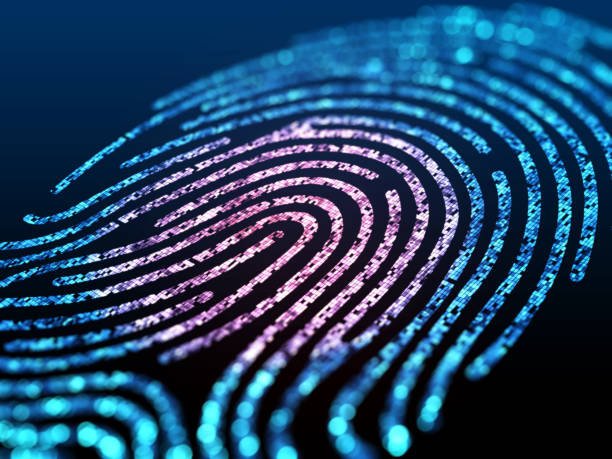In a significant decision, a federal appeals court has ruled that police officers can force a suspect to unlock their phone using a thumbprint scan, without violating the Fifth Amendment protection against self-incrimination. The US Court of Appeals for the 9th Circuit made this ruling in the case of United States v. Jeremy Travis Payne, setting a precedent in an area of law that has been largely unsettled until now.
The case involved a California parolee, Jeremy Travis Payne, who was arrested by the California Highway Patrol (CHP) in 2021 and charged with possession of fentanyl, fluorofentanyl, and cocaine. During the arrest, a CHP officer used Payne’s thumb to unlock his phone, which led to the discovery of incriminating evidence. Payne argued that this was a violation of his Fifth Amendment rights, as it was a form of testimonial evidence.
The judges held that the compelled use of Payne’s thumb to unlock his phone was not a testimonial act, as it required no cognitive exertion and was akin to providing a physical key to a safe.
However, the 9th Circuit ruled unanimously against Payne, affirming a US District Court’s denial of his motion to suppress evidence. The judges held that the compelled use of Payne’s thumb to unlock his phone was not a testimonial act, as it required no cognitive exertion and was akin to providing a physical key to a safe.
The court’s decision relied on two Supreme Court rulings: Doe v. United States (1988) and United States v. Hubbell (2000). In Doe, the government compelled a person to sign forms consenting to disclosure of bank records, which the Supreme Court held was not a testimonial production. In Hubbell, the Supreme Court ruled that a subpoena compelling a suspect to produce documents and respond to questions was a testimonial act, as it required the suspect to make extensive use of their mind to identify the documents.
The 9th Circuit distinguished Payne’s case from Hubbell, as the compelled use of his thumb required no cognitive exertion and merely provided access to a source of potential information. The court noted that Fifth Amendment questions are highly fact-dependent and the line between what is testimonial and what is not is particularly fine.
The ruling also rejected Payne’s argument that the search of his phone violated his Fourth Amendment rights, as the search was authorized under a general search condition mandated by California law.
This decision has significant implications for law enforcement and individuals’ privacy rights. While it does not apply to all cases involving biometrics and electronic devices, it sets a precedent for future cases and highlights the complex nature of the inquiry. As the 9th Circuit noted, “the outcome on the testimonial prong may have been different had Officer Coddington required Payne to independently select the finger that he placed on the phone.”



